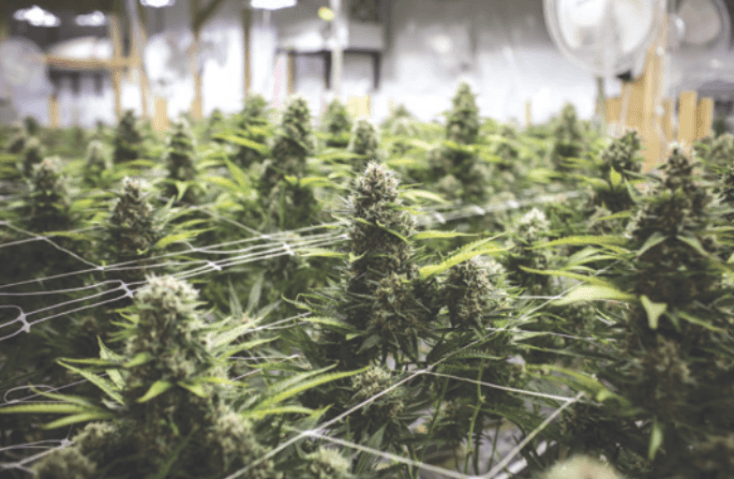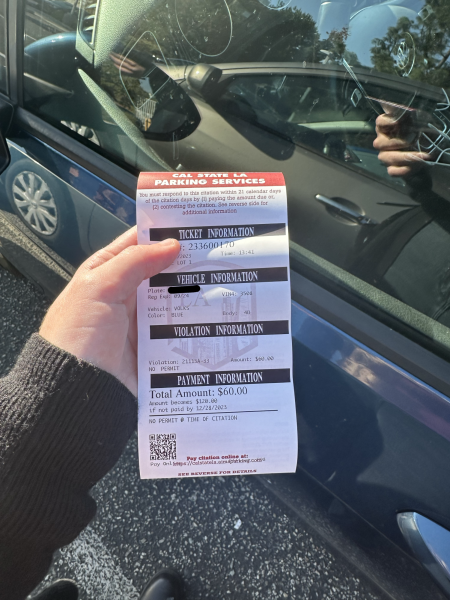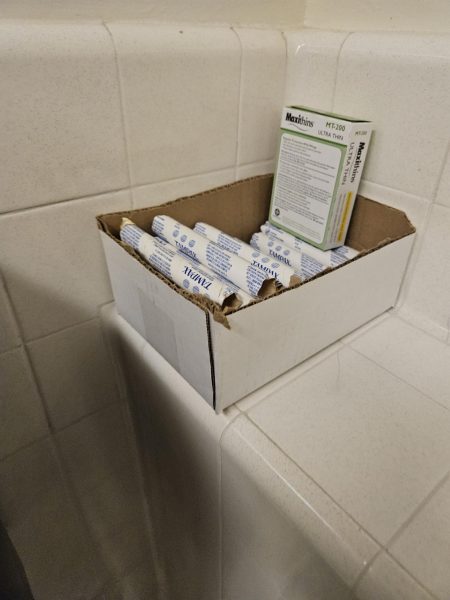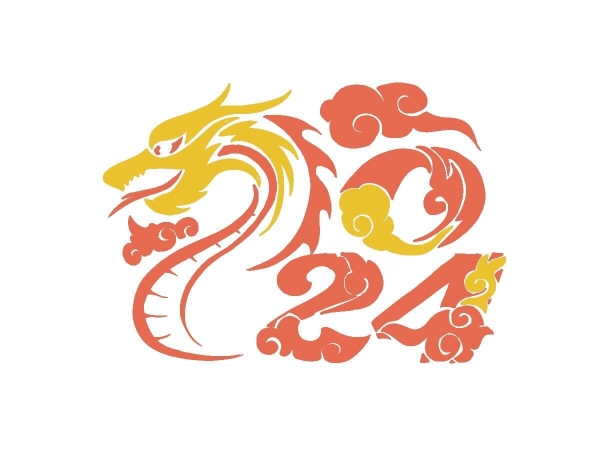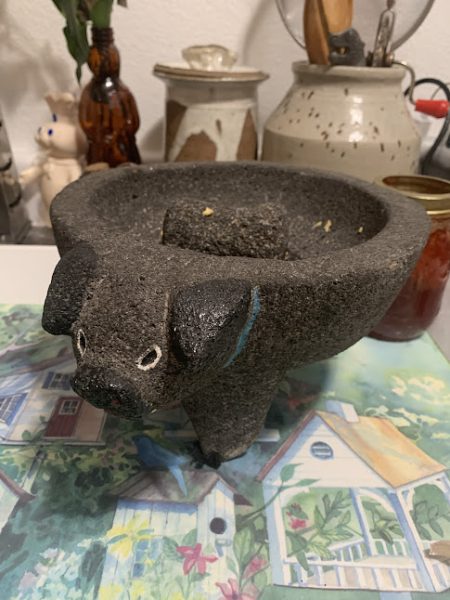Farm Bill Hemps Up Agriculture
An excerpt from a research essay.
As of Dec. 11, 2018, President Trump implemented the farm bill, which allows hemp to become an agricultural commodity. The bill was heavily considered after President Donald Trump’s “trade dispute with China,” according to the Washington Post.
Spearheaded by Senate Majority Leader, Republican Mitch McConnell, the Farm Bill was passed with farmers in mind who are now allocated “billions of dollars in subsidies” to offset Trump’s trade war with China. Though President Trump’s issues with trade puts the U.S. in an unfortunate agricultural situation; the Farm Bill seems to be the one silver lining among his historically bad reputation as the bill allows hemp to be used commercially.
Prior to President Richard Nixon’s war on drugs, hemp was a rather common crop in the United States. It was considered a federally-controlled plant due to the fact that, like its notorious brother, marijuana, they are both considered a variation of the same plant: cannabis. According to a paper by Dr. David P. West, the difference between hemp and marijuana are their levels of the two ingredients, THC and CBD.
THC is considered “the psychoactive ingredient of Cannabis, and CBD is an anti-psychoactive ingredient.” Marijuana is heavy in THC while Hemp is heavy in CBD, making it a much safer plant to utilize within the commercial industry.
According to the Washington Post, “farm-state politicians [argued] the two have been unfairly lumped together, depriving farmers of what could… become a major commodity crop.”
The Farm Act affectively redefined hemp to not be characterized along with marijuana. In addition to this, it allowed THC to continue as a Schedule 1 controlled substance while allowing hemp to pass as an exception. This plays a major role in industrial hemp, as there will always be a certain amount of THC in hemp. This is, in fact, still legal so long as the concentration of THC in hemp does not exceed 0.3 percent when extracted or used for any type of marketed product.
Unfortunately, along with the Farm Bill came a downside that could be detrimental to those who obtain little to no income.
“The plan, introduced…as part of the 2018 Farm Bill, dramatically expanded mandatory state workfare programs in the Supplemental Nutrition Assistance Program (SNAP), better known as food stamps, and require[d] that most adults between 18 and 59 enroll or work at least part time to receive benefits,” according to the Washington Post.
This huge blunder for the Farm Bill kept most of the Democratic senators from voting yes to pass it along to the House. With a 386-47 vote in the House, the Farm Bill continued on its way to the Senate. It passed 87-13 passing as law. On top of that, Trump’s recent attacks on tariffs and foreign trade add to the negatives now that we, as country, now have to cater to our economy.
Unfortunately, the trade wars make Hemp make sense. According to Forbes, “In 2017, China imported more than $24 billion in agriculture products from the U.S. The world’s top wheat consumer, China and purchased 1.6 million tons of U.S. wheat worth $391 million. At the same time, China bought $14 billion in soybeans for personal and animal consumption from the U.S. last year–more than any other agricultural commodity, and the country’s corn imports from the U.S. were worth $160 million.”
With the possibility of adding a lucrative crop such as hemp, farmers have an helping hand in keeping their income at steady rate while Trump bars off foreign trade.

Marisa Martinez formerly worked as Editor-in-Chief at the Corsair Newspaper at Santa Monica College where she studied her way out of the community college...

